Convergence for your summer entropy (5/29/09)
by Ryland Walker Knight
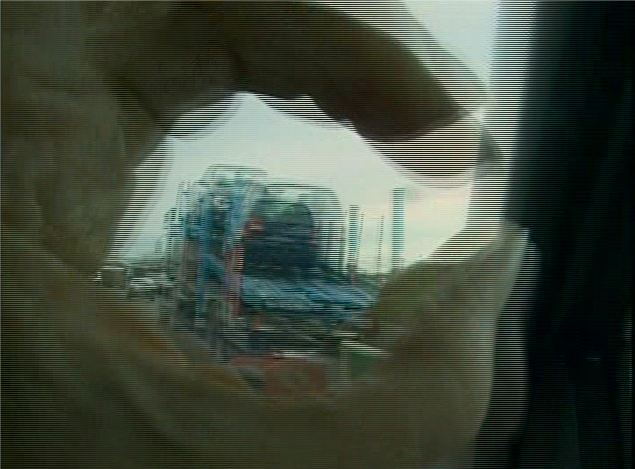
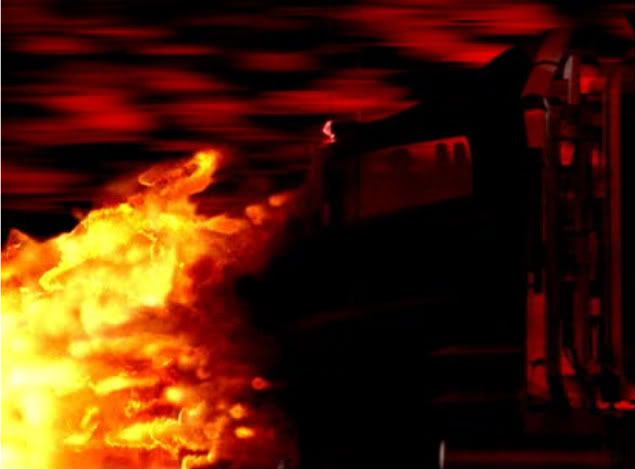
we obviate and immolate
Open your eyes, your ears, your nostrils: the weight is over.
by Ryland Walker Knight


Posted by
Ryland Walker Knight
at
7:00 PM
1 grooves
![]()
Labels: Agnes Varda, convergence, images, rwk, Speed Racer
by Ryland Walker Knight
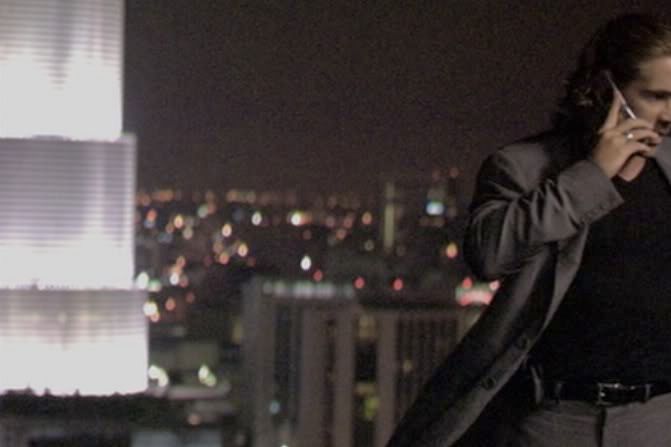
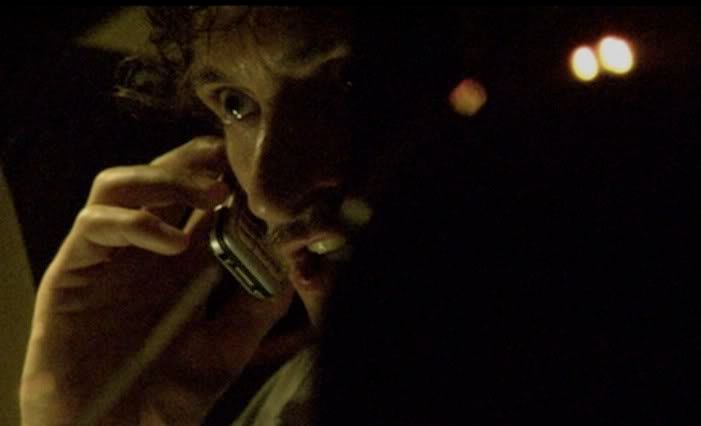
For this record, while I'm here, as if it needed repeating on this interweb: I find INLAND EMPIRE to be truly beautiful. I love the smear. Likewise, Mann knows what's up. The paradoxical mechanics of aperture and shutter speeds makes Mann's argument that much more interesting, too, since a lot of what seems to have motivated his shift is his interest in the speed (and the ramping up of the speed) of story and of action to the point where it gets hardly representational. I think this impatience operates differently in Soderbergh, though both men are interested in working and how one works and how much one works. It's never a question of why one works. One simply works. That is, if they do not work, then they die. What's cool about Mann is how much he's after a vividness of the world over against the remove of Soderbergh; both are fascinating, but the world Mann makes is the world I want to live in; or, at least, the world I want to see every day. Then again, one might say that those are the same (though different, of course).
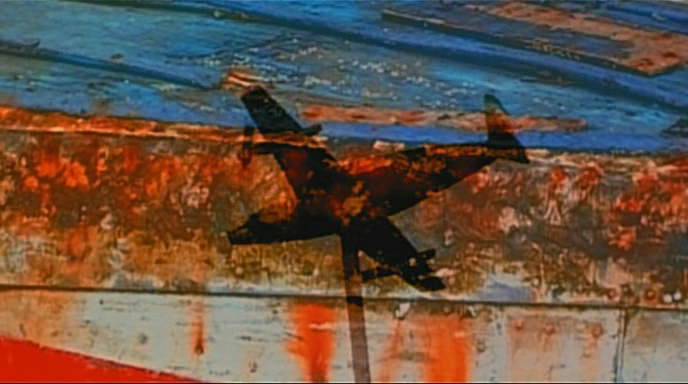
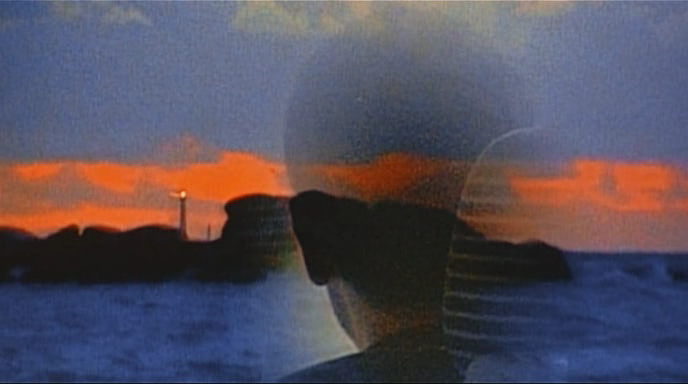
Posted by
Ryland Walker Knight
at
6:30 PM
0
grooves
![]()
Labels: Chris Marker, digital trends, Godard, images, linkage, Michael Mann, rwk, technology, The Auteurs
by Ryland Walker Knight
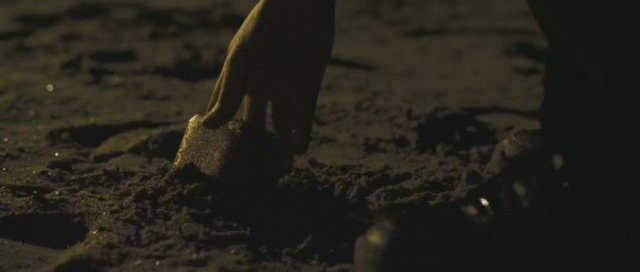
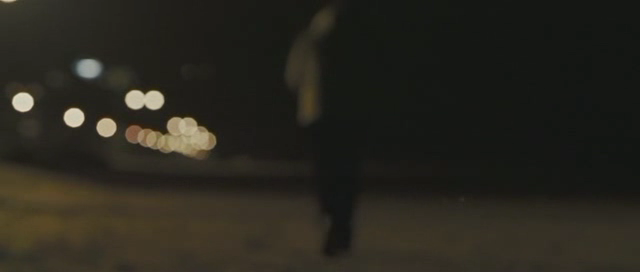
Ryland Walker Knight is a writer born of California now living in Brooklyn. A graduate of the Rhetoric department at UC Berkeley, his blog, VINYL IS HEAVY, tracks his perpetual education (some might say conversation) with the image.
Posted by
Ryland Walker Knight
at
2:30 AM
1 grooves
![]()
Labels: blogging, Cargo, James Gray, linkage, philosophy, rwk
by Mark Haslam
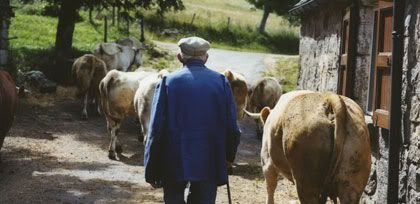
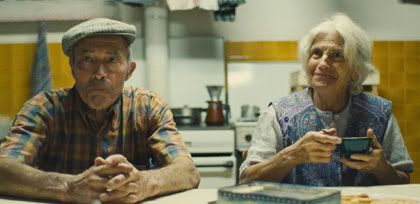
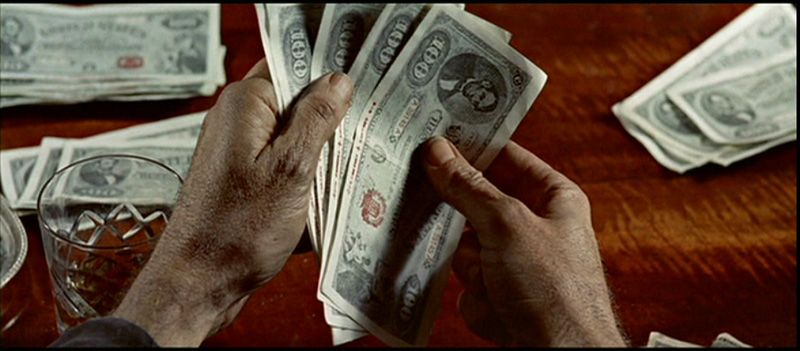
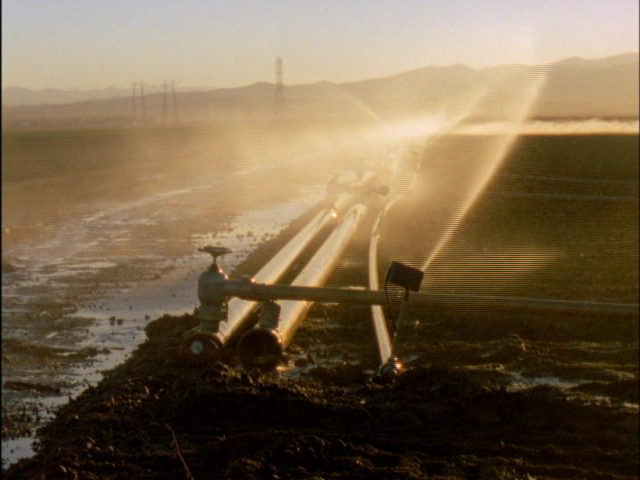
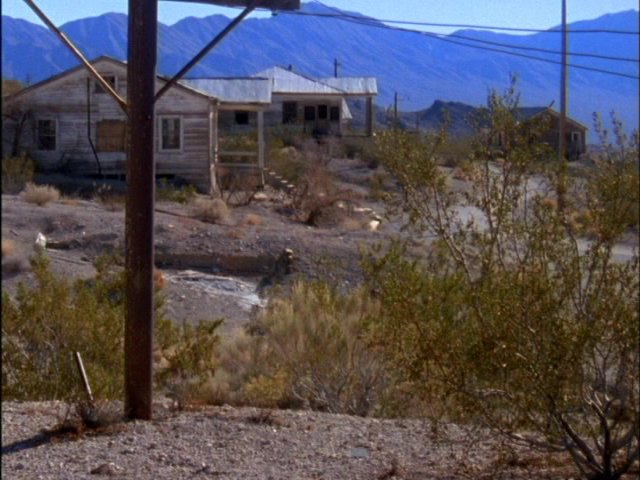
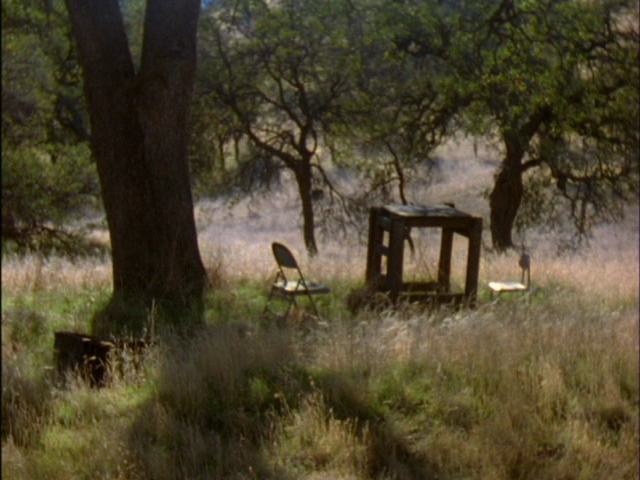
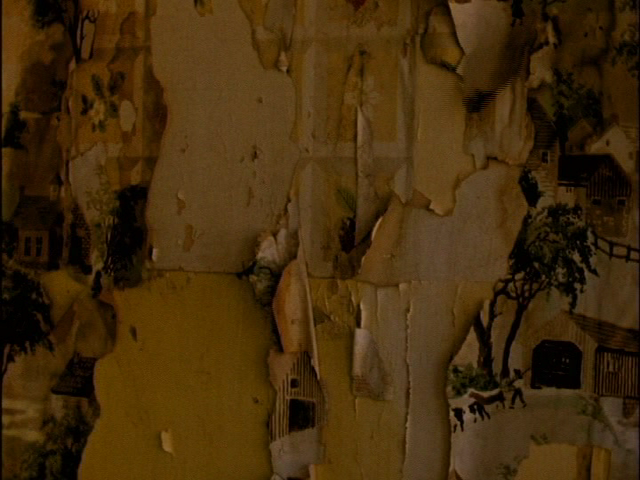
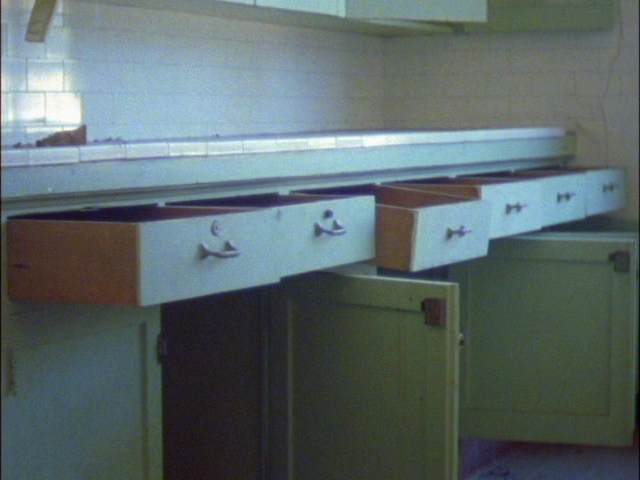
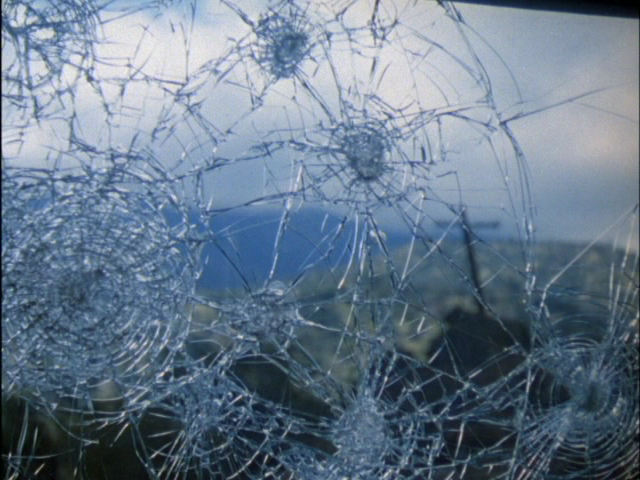
Posted by
M. D. H.
at
5:00 AM
0
grooves
![]()
Labels: blogging, Lee Ann Schmitt, MH, Raymond Depardon, Sergio Leone, SFIFF52
Posted by
Ryland Walker Knight
at
9:01 PM
6
grooves
![]()
Labels: convergence, DJ Spooky, Pedro Costa, Straub-Huillet